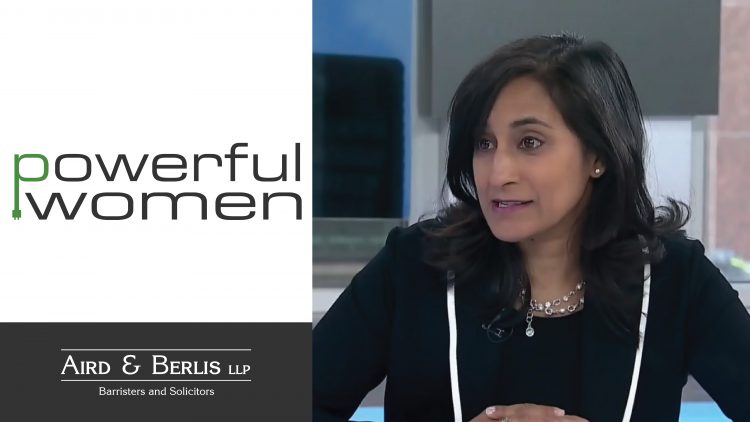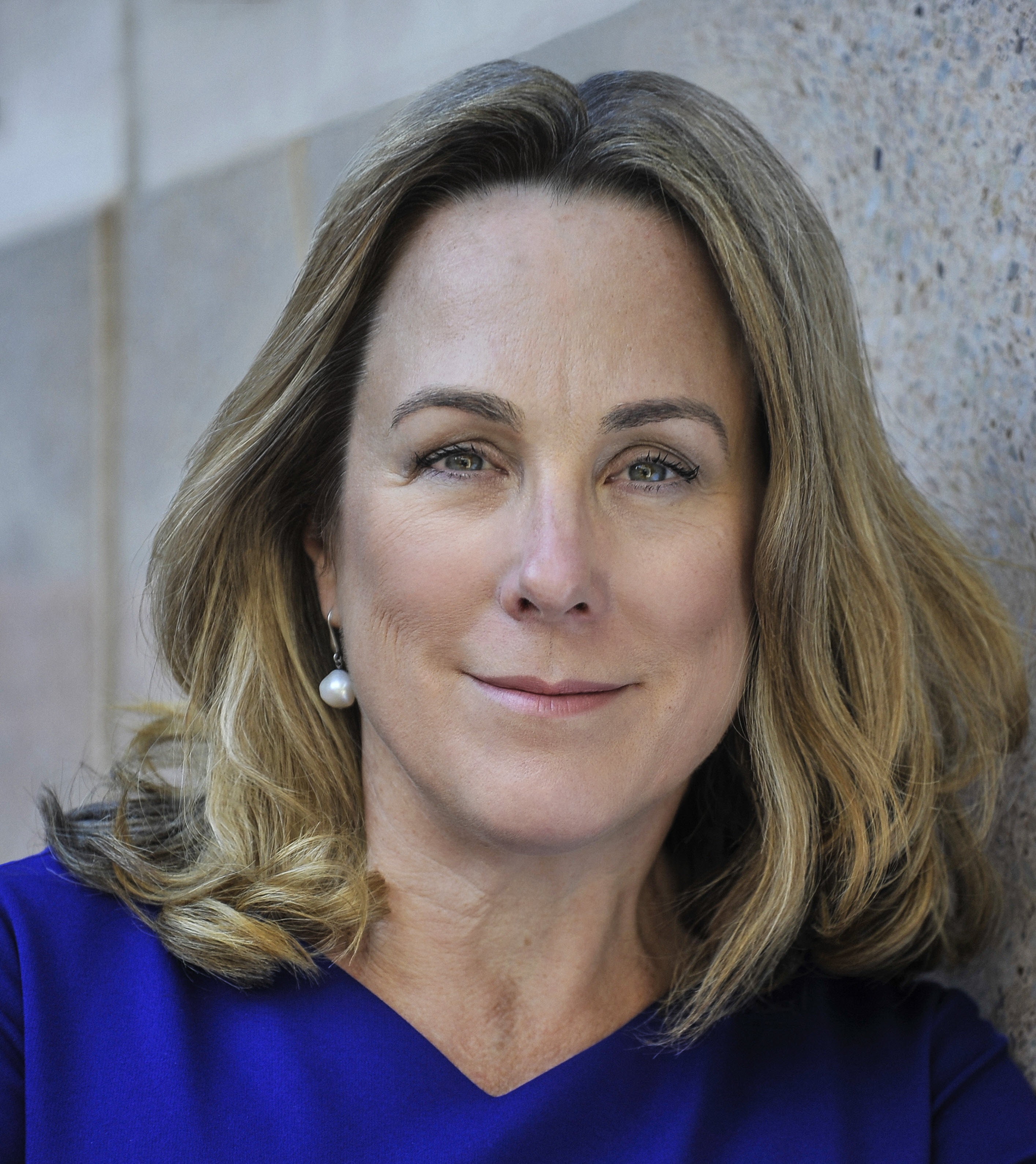Powerful Women: Professor Anita Anand

We are delighted that our first contributor to the Powerful Women series is corporate law and governance expert, Professor Anita Anand. Professor Anand holds the J.R. Kimber Chair in Investor Protection and Corporate Governance at the University of Toronto Faculty of Law - the first research chair for investor rights in North America. Professor Anand provides significant insight into the issues we are exploring in our series. Not only does she research and write about issues of corporate board diversity, Professor Anand has sat as a board member for Oakville Hydro. You can learn more about Professor Anand and her research here and follower her on Twitter @AnitaAnand2.
How did you get involved in research on board diversity?
My area of expertise and research relates to investor protection and corporate governance. Yet when I was completing my master's degree, I wrote my thesis on employment equity. My research on board diversity melds my previous academic interest in gender and race with corporate governance initiatives. My co-author, Vijay Jog, approached me one day and asked if I would be interested in undertaking research in this area. I really wanted to co-author with him given his academic background and I was also interested in the issues given the legal initiatives in this area. Our first article is forthcoming in the Canadian Business Law Journal. We believe that additional attention should be paid to the potential contributions that women and visible minorities can make to corporate boards. Building on Gary Becker's writing, we hypothesize that individuals from diverse groups bring specific advantages to the firm and, as a result, firms will be at a competitive disadvantage if they fail to hire these directors. Specifically, they have a unique ability to understand diverse labour and consumer markets, to provide access to untapped and new networks, and to exercise useful approaches in negotiations around the boardroom table.
People make the "it's the right thing to do" argument often when speaking about board diversity. From your perspective, what is the most compelling argument for having diversity on boards?
I conceive of diversity in the broadest possible terms, i.e. not only in terms of typical demographics such as race, gender etc. What we should be aiming for on boards is diversity in all of its permutations, including diversity in age, competencies and even geographic location (depending on the business). The ultimate goal is to ensure that highly competent decision-makers with various backgrounds and skill sets are contributing to making decisions that are in the best interests of the corporation. It is important not to define a person according to one characteristic alone. For example, I am a woman, but I am also a visible minority. My value, I assume, as a board member would not emanate simply from my having these two characteristics, but from my overall skill set.
What are the key challenges and opportunities that you see for women as leaders? Are there any challenges or opportunities that you think are more critical or relevant in the context of the energy sector?
Within boards, we continuously need to confirm the importance of diversity and that means remaining committed to seeking board positions and remaining on the board once we have achieved them. I will say that in my experience, boards are becoming more open to appreciating the importance of diversity. Nevertheless, nominating committees must continuously be active in board recruitment from diverse sources. It is not enough anymore to say that "we cannot find qualified women." Qualified women are out there - look at the CBDC's Diversity 50 list, for example.
Having served on an LDC Board, what piece of advice do you have for a woman starting her career in the energy sector?
I had a completely positive experience serving on an LDC board. My advice, regardless of the type of corporation on which you are serving, is to learn the business and think seriously about how you can best contribute to the board's objectives and process. My expertise is governance and law - so I was especially active on the governance committee and in regard to legal issues. I knew my role and tried my best to fulfill it. Be active and seek to contribute every time you can - whether in a board meeting, a board retreat or corporate social event.



